Alright, you might be looking at this article and thinking that you don’t need this. After all, your home has never had a fire and probably won’t ever have a fire!
However, that doesn’t mean that a fire will never happen in your home, and that also doesn’t mean that you shouldn’t be focused on fire safety and how to make your house safe in case a fire does happen in your home.
Here are some of the things that you can do to make sure that your home and those inside of it are all kept safe during the event of a fire.
Install the Correct Number Of Smoke Alarms
According to the National Fire Protection Association (NFPA), smoke alarms should be installed on every level of your home, including the basement. Smoke alarms are the first line of defense against a fire because they let you know about the fire as it happens, allowing you and your family to get out of the house and contact the fire department, or deal with the fire yourself if it can be put out safely.
You should have smoke alarms installed on every level of your home, especially in the bedrooms and around sleeping areas, and you can install your own battery operated smoke detectors in the house. These, along with the hardwired smoke detectors can help to keep you safe.
Have A Plan In Case Of A Fire
It can be amazing how many people don’t have a plan in case of a fire. If your home is on fire and you need to evacuate your house, you and your family need to figure out where to go and how to get help.
Have a fire safety plan, such as what exits you will take, where you will meet post fire (such as by the mailbox or by a nearby landmark), how you will manage pets or sentimental items, and also how to call for help to get the fire put out.
Make Sure To Be Mindful Around Fire Hazards
Candles, ovens, loose wires, and more can spark fires in your home if they aren’t attended to or are left alone, and some of the biggest fires are started by some of the smallest sparks and accidents.
Some of the things you can do are make sure that candles or fires in the fireplace are kept isolated and away from any flammable materials.
You can also use surge protectors to prevent electrical fires, making sure that the excess electricity doesn’t get into the item and cause a fire. Additionally, you can unplug any devices you aren’t using, because even though the devices are turned off, the continuous electricity isn’t stopping at all. That can also start a fire, either by the devices overheating or experiencing a power surge.
Finally, you should keep your home clean as well. Excess clutter, especially flammable clutter, can be very dangerous for your home and the excess clutter can also cause tripping hazards and other issues too.
Consider a Sprinkler System
For sprinkler systems for the home and preventing fire, you have two options: wet and dry standpipe systems both have their advantages and disadvantages. For wet pipe sprinkler systems, the sprinkler heads are connected to pipes that are filled with pressurized water.
When the fire is detected, the sprinkler heads open up and release that water onto the fire. The biggest problem with these water filled pipes is that they don’t work in areas that fall below 40 degrees Fahrenheit.
Dry pipe sprinkler systems connect to pipes that contain pressurized air and nitrogen that holds back the water. Whenever a fire is detected, then the pressure in those pipes drops, the water flows through, and then the sprinklers turn on. They can work in many areas because they don’t have the danger of the water freezing.
Depending on the temperature of where you are, you probably know what system will work the best for you.
Focus On Making The Home Safe, And You Will Never Need To Worry About Fire
Don’t be lulled into a false sense of security just because you have never seen a fire happen in your home before. By making sure that your home and the people inside of it are all protected from a fire, the second that a fire happens, you know that everything is going to be okay and you can focus on getting yourself out of the house and calling for help.
Just make sure to mitigate the potential for fire and ensure that you have a plan to deal with the event of a fire. With those two tools in your back pocket, you will be able to handle the crisis safely.



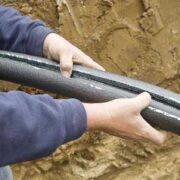
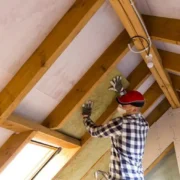


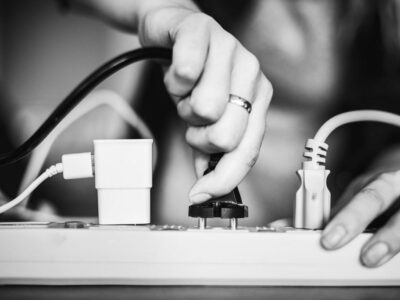

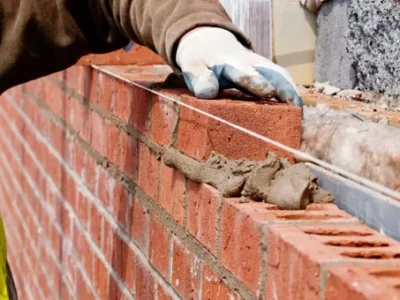

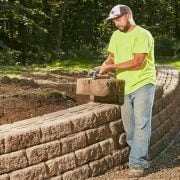


Comments